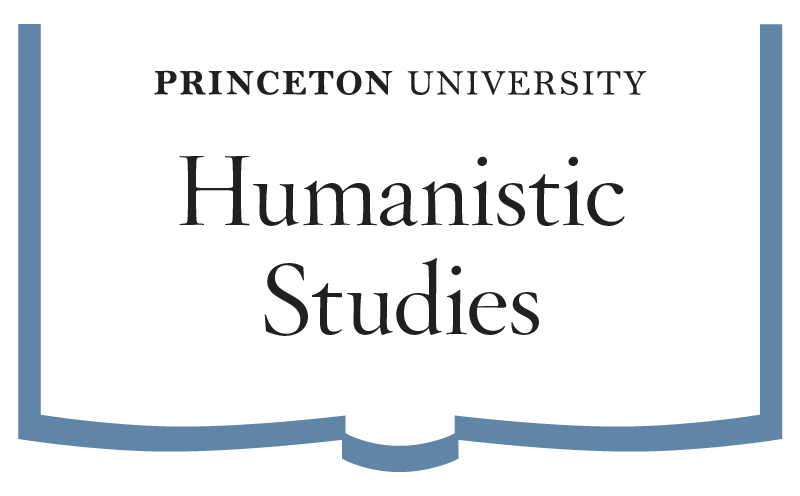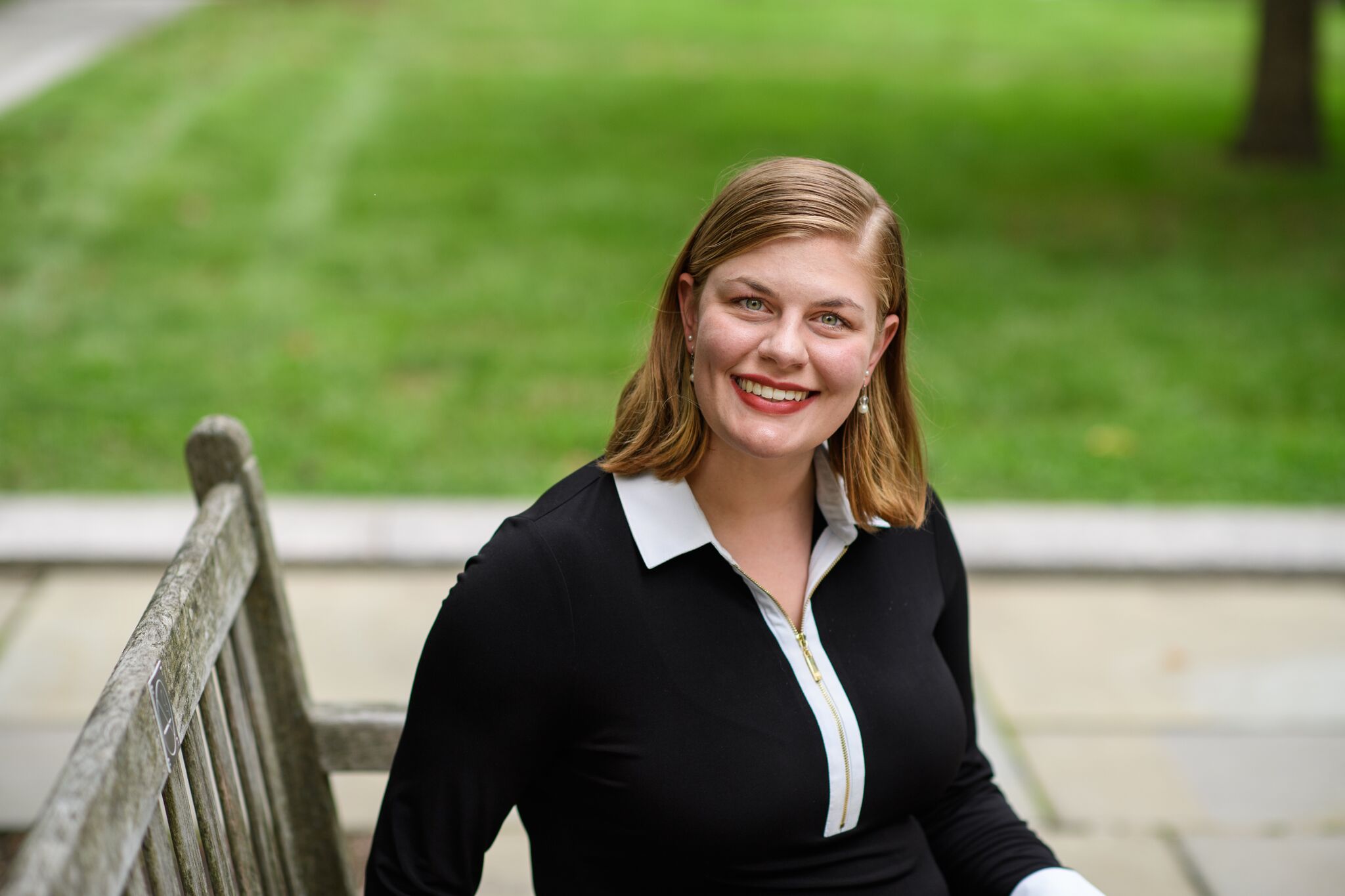English major pursuing certificates in Creative Writing, Theater, Music Theater, and Humanistic Studies.
Role(s) held in the Humanistic Studies Program:
Certificate Student, Humanities Mentor, Behrman Society
Activities on campus:
Involved in the performing arts across campus including as President of Princeton University Players, Prospect Editor and Writer for The Daily Princetonian, Writing Center Fellow, Student Intern with The Wesley Foundation, Orange Key Tour Guide, member of the Undergraduate Advisory Council for the English Department, Lewis Center for the Arts Peer Arts Advisor, member of the Edwards Collective of Mathey College
Honors:
Recipient of Outstanding Work by a Freshman Award from the Program in Theater (2018)
Recipient of Outstanding Work by a Sophomore Award from the Program in Theater (2019)
Recipient of the Shapiro Prize for Academic Excellence in 2017-2018 and 2018-2019
Member of the Behrman Undergraduate Society of Fellows
Why I decided to study the humanities:
I decided to study the humanities because, as the name suggests, the humanities are about what it means to be human. They allow us to take a deeper look at how we, as humans, interact with our world and with each other. With the humanities, I can reach across time, space, and life experience and feel connected to other people while at the same time developing a better understanding of myself.
What I have gained from the humanities:
An interdisciplinary study of the humanities has taught me how to look at topics and issues from all sides and engage with them in a respectful and thoughtful way. I’ve learned how to think critically, how to analyze arguments, how to form opinions of my own, and how to communicate those opinions to others.
Independent work:
In my junior paper for the English department, I focused on Jewelle Gomez’s 1991 novel The Gilda Stories. I explored how Gomez recasts the vampire through a Black, queer, feminist lens to undermine negative depictions of “non-normative” groups in previous vampire literature and threaten white heteropatriarchy by creating an alternative way of life founded on mutualism and transgressive love/kinship.
My written senior thesis interrogates monstrosity in nineteenth-century Gothic literature, examining the differentiation between humans and monsters and the implications of those definitions for conceptions of Otherized groups. Through critically-researched creative writing, I explore how Gothic and speculative fiction create imaginative spaces to deconstruct the definitions of “monstrosity” and “Otherness” and reconfigure those positions as places of possibility and power.
HUM Sequence fall break trip:
In the fall of 2018, I had the pleasure of travelling to Greece with the HUM Sequence. Over the course of a week, I learned so much from my peers, my professors, and our guides as we travelled to museums and archaeological sites, placing the works I’d studied in HUM in context. For my independent project, I researched ancient burial practices, focusing specifically on the Kerameikos Cemetery in Athens, where I spent my independent work day. My project explored what public and private interactions with death—such as rituals, memorials, and cemetery layouts—reveal about the ways ancient Athenians viewed death and displayed power through those practices.
The tour added significantly to my understanding of Greek history, art, and culture, and I appreciated how both the students and the professors never stopped asking questions. Each site was regarded with both an appreciative and a critical eye, resulting in discussions of complex issues and shaping how I view our interactions with the “Western” canon.













